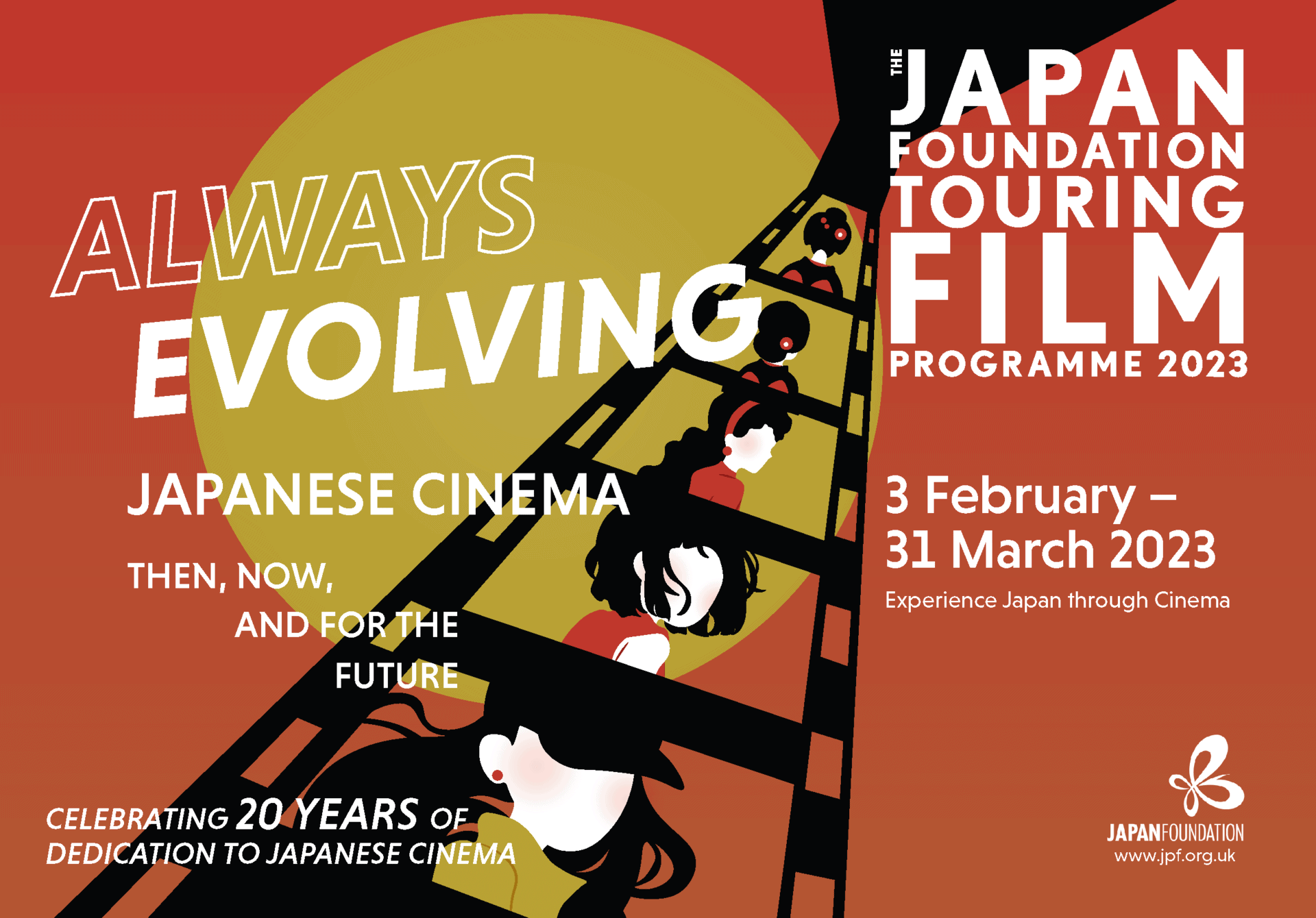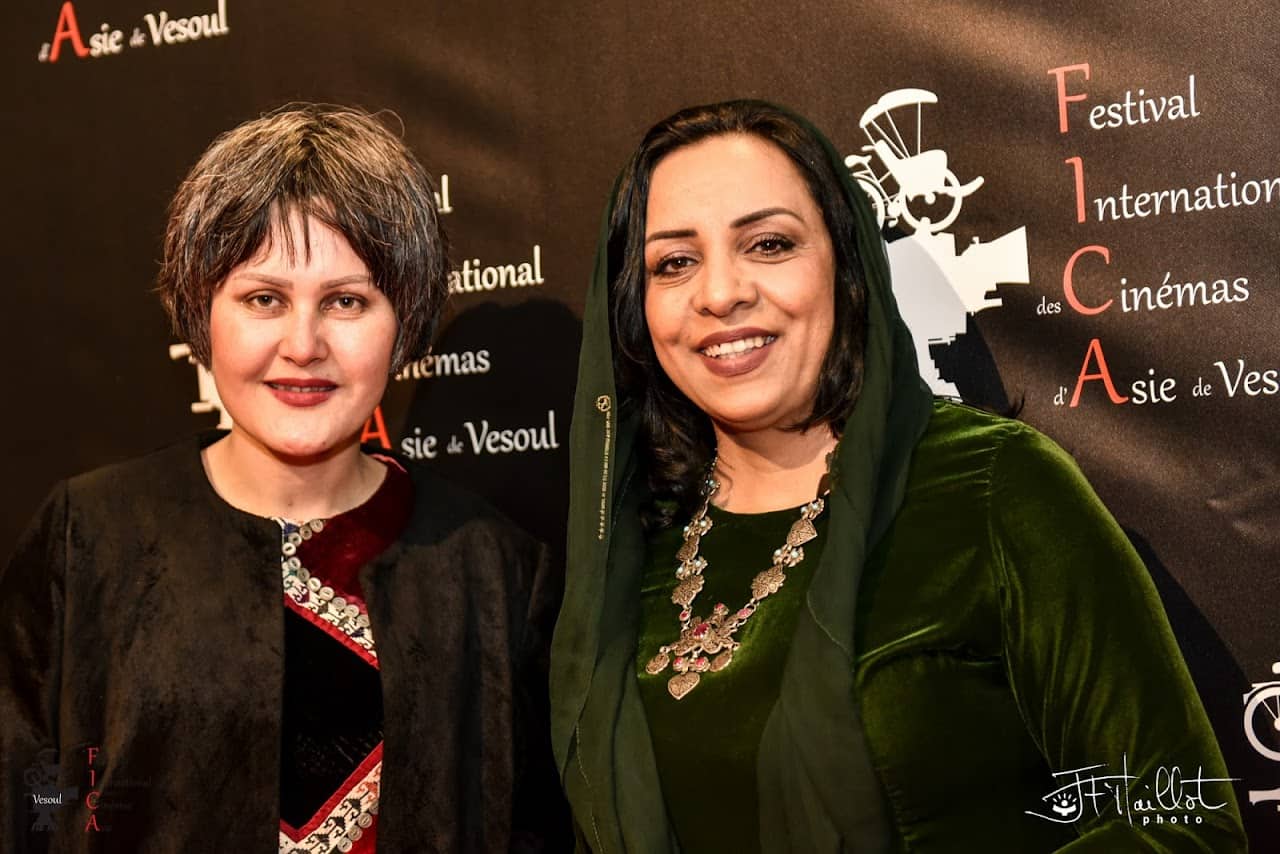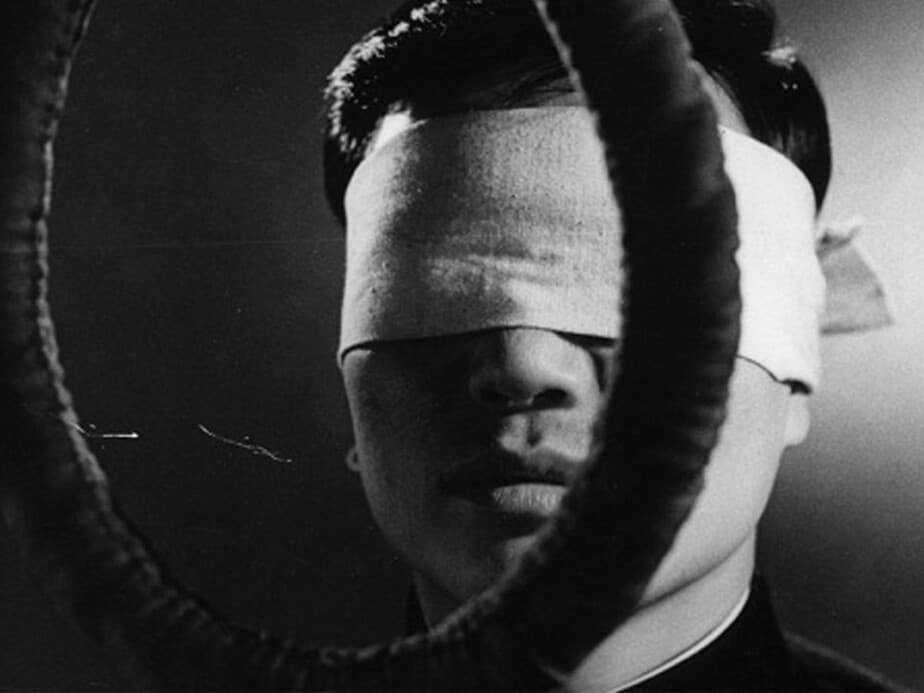I consider Lee Sang-il one of the best filmmakers working in the Japanese movie industry at the moment, with titles like “Villain” and “Rage” highlighting the fact in the most eloquent fashion. As such, that he had not shot another feature since the latter in 2016, came as a surprise. Thankfully, last year, we finally saw another work of his coming out, with “Wandering” not disappointing at all.
Wandering is screening as part of Japan Foundation Touring Film Programme 2023

9-year-old Sarasa spends her day in the park, having run away from her aunt's house. On a rainy evening, 19-year-old student Fumi Saeki stumbles upon her, and seeing that she is soaking wet, takes her to his apartment. The two hit it off immediately, and end up living together for the next two months. The police, however, are searching for the girl, and when they finally get to her, Fumi is arrested for kidnapping, with the press, that have been following the case closely, deeming him a child molester. 15 years later, Sarasa works as a waitress in a restaurant and is betrothed to Ryo, although their relationship is not exactly without issues. Eventually, Sarasa and Fumi meet once again, inside a mysterious cafe the latter runs.
Lee Sang-il based his film on a novel by Yu Nagira, which deals with a rather difficult topic, in a way, though, that seems to aim at posing a number of very difficult questions, not all of which are answered throughout the movie. For example, can a man who seems to have a lolita complex actually have only a platonic relationship with the little girl that stays at his home? Essentially, can a man and a woman who stay in the same house and like each other have a relationship that is not sexual? Is society wrong to come to conclusions about such relationships? Can people who have suffered familial traumas ever become fully mentally healthy? Furthermore, as these questions linger throughout the movie, Lee adds one more about the instigator of the awful things that happen after Sarasa and Fumi meet again, while concluding it with a mystery, about the true nature of Fumi's character.
The answers to these questions differ. In the case of the first two, the answer seems to be yes, but the reason for something like this to happen, as revealed closer to the end, muddles the whole thing a bit. The answer regarding society is more clear, with the phrase uttered in the movie, “people only see what they want to see” echoing pointy as much as completely true, with the despicable role the press can play in such cases also being highlighted. In that regard, assumption emerges as a concept that can cause a number of problems, with Sarasa repeatedly telling to all the people who feel sorry for her, presuming that Fumi took advantage of her, that she is not one to feel sorry for, and also that people do not really know her. The answer to the last question seems even more complicated, with Lee seemingly giving a negative reply, but also showing that even under such extreme circumstances, people can connect with each other and even find love, although there is no certainty in life for either.
As a more general answer to all the questions here, one could say that what emerges is that there are no certainties in life in general and if one would want to have a correct opinion about others and their lives, they should examine them individually, and not make them part of a whole that is shaped by their own preconceptions.
It is easy to understand that, through these questions and answers, Lee retains the interest of the viewer from beginning to end, in a movie that is almost 2 and a half hours, but does not feel that way at all, even if the pace, as set by editor Tsuyoshi Imai, is quite slow. Of interest here is how the stoicity, laconic demeanor, meticulousness and slow movement of Tori Matsuzaka as Fumi sets the tone of the movie, in a trait that should be attributed to both the actor and the director. Furthemore, his overall attitude makes the only scene he lashes out rather impactful, in the most shocking sequence in the film. Gorgeous Suzu Hirose is also excellent, particularly in the way she tries to convince everyone around her not to treat her as a victim, as much as for her quitting on trying to tell people the truth about Fumi. The scenes where she becomes the victim of violence and the moments she is scared are the highlights of a great performance. Also of note is the performance of Tamaki Shiratori as young Sarasa, with the way her portrayal mirrors that of Hirose (and her appearance) being a wonder to look at.
Hong Kyung-pyo's cinematography follows a mostly desaturated path, with the shadows frequently dominating the frame, in perfect resonance with the psychology of the protagonists, the events that take place, and the overall aesthetics of the movie. The revelation scene would definitely benefit if depicted from a closer distance, but considering its nature, the approach is to be expected.
Despite some melodramatic indulgences on occasion, and the fact that many will probably find the themes of the movie offensive, “Wandering” emerges as a rather thought-provoking movie, which thrives essentially in all its aspects, in another great work by the Zainichi Korean.
















